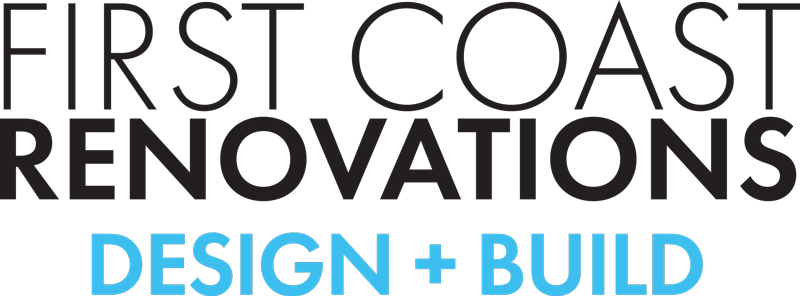
Remodeling your home in Northeast Florida can be an exciting but daunting task, especially when it comes to navigating unfamiliar terms like estimates, consultations and proposals. In the remodeling industry, estimates and consultations are two important components to a successful project. Proposals are what tie everything together. In this blog post, we’ll explain these terms and how they relate to the remodeling industry.
What is an Estimate?
An estimate is an approximation of the cost of a remodeling project. It is typically based on information such as the materials used, labor cost, the scope of the project and historical information of previous similar projects completed by a contractor.
It’s important to note that an estimate is not a fixed price or quote for the work; rather, it is an educated estimate of the cost. The cost of materials and labor may change over time, and unforeseen circumstances may arise during the project. Therefore, an estimate is simply a starting point for budgeting and planning purposes.
Estimates can be obtained from different sources, including contractors, architectural and design firms, or online estimators. Many times, estimates will be given verbally.
What is a Consultation?

A consultation is a meeting between homeowners and professionals from the remodeling industry. This meeting is a chance to discuss the renovation project’s goals, expectations, and challenges. Essentially a consultation is a purpose driven conversation with an expert professional in the field who can guide you through the process and give you the information you need to truly make an informed decision.
A consultation can provide valuable information about the construction process, materials, and the best way to approach the project. Professionals can use consultations to offer suggestions, identify challenges, and help the homeowner determine what is possible within their budget.
Consultations are essential for ensuring that the renovation project goals match the homeowner’s overall expectations within their budget. The supply of information communicated at a consultation ensures that potential issues or potential cost overruns are identified early, minimizing surprises and changes to the overall project.
What is a Proposal?

A proposal in the remodeling industry is a comprehensive document that outlines the scope, details, and financial aspects of a project. It is typically presented to the homeowner by a contractor or remodeling professional after an initial consultation and may include a breakdown of costs, materials, and a timeline for completion.
Unlike an estimate, which provides an approximation of the project cost, a proposal is a more detailed and formalized document that takes into account the specific needs and preferences discussed during consultations. The proposal serves as a roadmap for the project, ensuring clarity and alignment between the homeowner and the contractor.
How Proposals Relate to Estimates and Consultations
A proposal is closely tied to both estimates and consultations, building upon the foundation established during these initial stages of a remodeling project.
- Estimates: Estimates provide an initial understanding of the potential costs involved in a project. They help homeowners establish a budgetary framework and identify a range of expenses they can expect. However, estimates are subject to change due to factors such as material availability, labor costs, or unforeseen challenges.
- Consultations: Consultations allow homeowners to discuss their vision, goals, and constraints with remodeling professionals. During these discussions, experts offer insights, suggestions, and expertise on how to best achieve the desired remodeling outcome. This collaboration helps homeowners refine their plans and make informed choices.
The Significance of Proposals in the Remodeling Process

Proposals play a vital role in the remodeling process as a formalized agreement between the homeowner and remodeling professional. They provide several key benefits:
- Detailing the Scope: A proposal outlines the specific scope of work, including the materials, labor, and timeframe required for the project. It ensures that both parties are on the same page regarding what will be done and how it will be accomplished.
- Financial Clarity: The financial aspect of a project is crucial, and a proposal provides transparency. It breaks down the anticipated costs in detail, considering factors discussed during consultations. Homeowners can assess the financial feasibility of the project and make informed decisions based on the proposal’s information.
- Legal Protection: A proposal serves as a legal document that protects both parties involved. It outlines the deliverables, terms and conditions, and payment schedules, providing clarity and accountability throughout the project.
- Project Management: The proposal serves as a reference point for project management, ensuring that all aspects discussed in consultations are incorporated into the execution of the remodeling project. It minimizes the chances of miscommunication or misunderstanding by serving as a guide for the remodeling team.
The Importance of Being Informed

Understanding the distinction between estimates, consultations, and proposals is crucial for navigating the remodeling industry effectively. While estimates provide an approximation of costs and consultations offer valuable insights and advice, proposals are the formal documents that bring all the components together in a comprehensive plan. A well-prepared proposal reflects the homeowner’s goals, incorporates insights from consultations, and provides financial clarity to kickstart and guide the remodeling project.
By understanding the role of proposals alongside estimates and consultations, homeowners can confidently navigate the remodeling process, make informed decisions, and embark on a successful home transformation journey.
